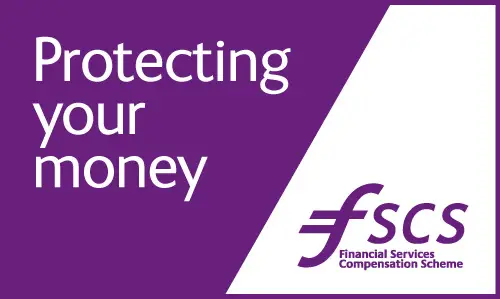Many savers are unaware that they can claim compensation from the Financial Services Compensation Scheme for losses incurred through unsuitable advice received from their now insolvent investment adviser
An unavoidable part of life is getting older. The more prudent among us will plan for retirement and may even take financial advice from an independent financial adviser (“IFA”) to invest our pension money wisely. However, what would you do if your independent financial adviser (“IFA”) provides you with advice which is unsuitable and you lose a large portion or all of your pension? Your first recourse could be a complaint against the IFA who provided you with the unsuitable advice and if that does not bring results, send your complaint to the Financial Ombudsman Service. However, what if that IFA has gone out of business? One option is to investigate whether you can bring a claim to the Financial Services Compensation Scheme (the “FSCS”).
The FSCS was created to satisfy one of the Financial Conduct Authority’s main aims which is to promote confidence in the financial markets. “Rogue” IFAs providing poor investment advice, becoming insolvent and then leaving investors without compensation does not promote confidence in financial markets. Accordingly, the FSCS will provide up to £50,000 compensation for each claim against an IFA.
Richard Creed has been assisting clients in lodging claims with the FSCS. Richard has noticed a pattern of behaviour from one IFA in particular who has been recommending that clients take their money out of their pension fund with a reputable pension provider and putting it in a SIPP so that it can be invested in an Unregulated Collective Investment Scheme (“UCIS”).
A UCIS is any collective investment scheme that is not regulated by the Financial Conduct Authority as either an authorised fund or a recognised scheme. They are not subject to the same restrictions as regulated Collective Investment Schemes in terms of their investment powers and how they are run, nor are they subject to the same investment and borrowing restrictions. UCISs therefore pose a relatively higher risk.
Many clients will not realise that they have invested in a UCIS as it will not have been marketed to them as such. The UCIS will have been marketed to them as a low-risk, high-return investment. However, not only are UCIS unsuitable for the typical person planning for retirement and therefore breaching FCA rules, there are actually restrictions in the Financial Services and Markets Act 2000 prohibiting IFAs from promoting UCISs to retail clients (which comprise the majority of individuals). There is therefore a relatively clear case to bring to the FSCS, should you have been advised to invest in a UCIS.
Richard has represented one client who was advised to invest £90,000 of the £130,000 in his pension pot in a UCIS, all of which has been lost. This client has a claim with the FSCS for £50,000. Another client was advised to invest £135,000 of the £150,000 in her pension pot in a UCIS, all but £20,000 of which has been lost. Richard is assisting her with two £50,000 claims to the FSCS. This client was able to bring two claims as the IFA worked at two different practices. Although these clients can not recover all of the money which they have lost, they originally had written all of the money off and are very pleased to potentially be receiving £50,000 and £100,000 respectively.
It is important to note that by no means are all or even a majority of IFAs “rogue” or “negligent” and obtaining investment advice from a good IFA is much better than not receiving financial advice at all. However, we would recommend choosing your IFA wisely. Our advice when obtaining financial advice is to use somebody who has been recommended to you, if possible. Further, if you don’t understand something, it is probably best not to invest!
